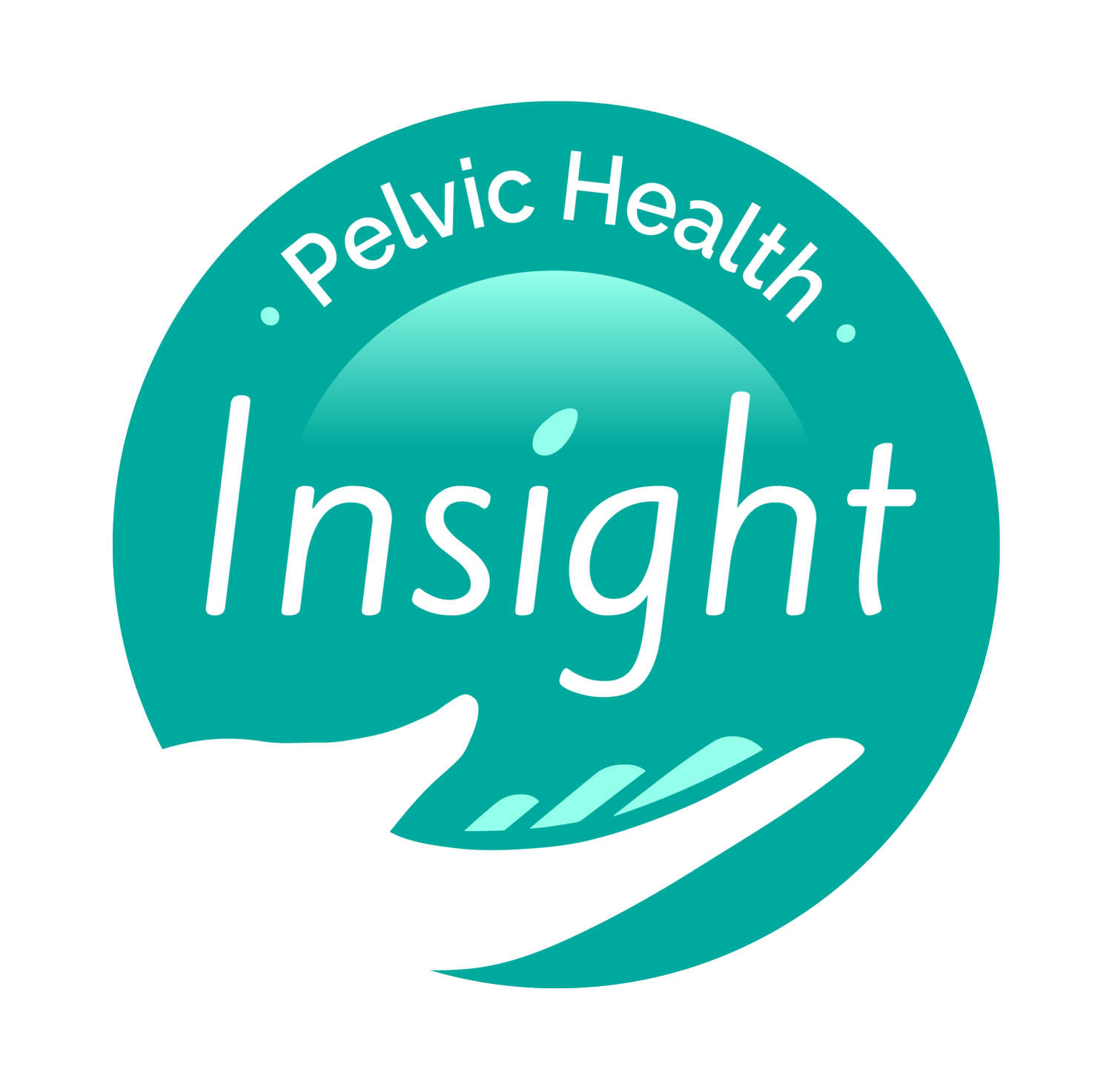How are humans and killer whales similar?
Humans and killer whales are the only mammals that go through menopause.
Did you know that menopause is a point in time? It is defined as the day that you have not had your period for 12 months. However, there is a very long transition to get you to that point called perimenopause. Researchers say that perimenopause can start anywhere from 7 to 15 years before menopause happens. Once you hit menopause, you are then in post menopause for the rest of your life. So menopause is one day, but perimenopause and post menopause last years.
Every person who is born with ovaries, is born with a set number of eggs. This number is usually around 1-2 million eggs. By the time that person hits puberty, the number has declined to 300,000 to 400,000. At the age of 35 they experience a significant decline in the number of eggs that they have to around 80,000.
Perimenopause begins when your ovaries begin to be less efficient. This happens due to the number of eggs decreasing and your hormones changing. During perimenopause, your periods can change; you can have more frequent periods or periods that are more spread out. Your bleeding can also change to having heavier periods or lighter periods. You can have a period without ovulation. This usually happens during perimenopause. If you don’t ovulate, your progesterone decreases. During perimenopause, you usually have a decreased level of progesterone. After menopause both your progesterone and your estrogen decrease.
The best ways to support yourself during perimenopause
There are some life style changes you can make to help your hormones as much as possible during this transition.
The first one is to decrease stress. Obviously, stress is all around us. However, how you cope with the stress that is going on around you matters. It is important to have good coping strategies to decrease your stress as much as possible. Seeing a counselor can help to decrease your stress.
Eating a well balanced diet can also help decrease your stress and help your hormones during perimenopause. Eating a diet filled with refined sugar or fake sugar, as well as fried or processed foods increases the inflammation in your body and increases the stress that your body goes through. Eating a diet filled with fruits, vegetables, healthy protein, and good fats helps to optimize your hormones.
Exercise can be a coping mechanism for dealing with stress in a positive way. Exercise in the form of lifting weights also helps to increase testosterone in your body which will help increase estrogen and help to balance your hormones.
Sleep is so important for many body functions, however during perimenopause it can decrease as your progesterone decreases. It is important to have a good sleep routine and to optimize your sleep to help your hormones during this transition period.
Killer whales and humans recognize the value of having an elder woman with great wisdom and knowledge to support the "tribe" without the responsibility of caring for children.
Women used to live to only be 50 years of age. As technology advances and health care advances, women are living far beyond menopause. It is important that you are able to fully enjoy your postmenopausal years. Be sure to speak with your physician about any changes you are noticing during your menopausal years.
Want to learn more about menopause and feel supported during this time? Join Dr. Julie for a Menopause Retreat on October 19th from 2-5pm.

